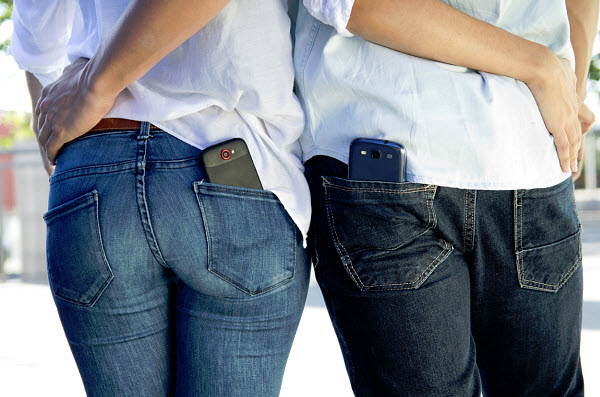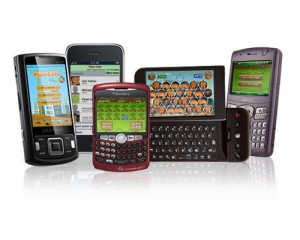The result of a recent study has suggested that wearables are leading people to make uninformed choices.
An American scientist, Dr. Devra Davis, has now released a report that has recommended that consumers may not want to continue habits of storing a mobile phone in a pocket as the radiation from the device may put their health at risk.
The truth of the matter is that it is not known, for a fact, whether mobile technology causes harm or not.
The majority of studies on the health risks of using a mobile phone have had to do with holding a device up against the head. Therefore, they would be considering relatively limited lengths of time, as these devices are held up to the head only when using a calling feature. However, only a smaller number of studies have been looking into the impact on the body from keeping smartphone in a pocket. When the device is tucked in a pocket, it may not be up against the head where it can affect the brain but it might be exposing any number of other body parts to electromagnetic radiation.
Dr. Davis spoke at the National Institute of Environmental Health Science about mobile phones.
 At one of those talks, she spoke of the increasing trend of carrying mobile devices in pockets, bras and even headbands, which has increased the exposure to electromagnetic radiation beyond what the majority of studies have examined. As a result, she has cautioned consumers to learn more about smartphone radiation and its impact on the body before they decide to store it against the same part of the body every day for hours at a time.
At one of those talks, she spoke of the increasing trend of carrying mobile devices in pockets, bras and even headbands, which has increased the exposure to electromagnetic radiation beyond what the majority of studies have examined. As a result, she has cautioned consumers to learn more about smartphone radiation and its impact on the body before they decide to store it against the same part of the body every day for hours at a time.
She pointed out that radiation exposure can be associated with certain negative health risks such as a change in the metabolism of the brain as well as impotence in males. There is also a growing body of evidence suggesting that radiation from smartphones could have an impact on heart diseases, diabetes or even depression in humans. Placing a smartphone in a pants pocket may even have various types of impact on the pelvic area, such as changing bone density there.
Davis indicated that device users should consult the manuals for their smartphones to learn about the types of radiation produced by their own device models and then to find out more about the impact of that specific kind of radiation on the body. It is true that many of the risks have not been conclusively proven but neither has the safety of storing mobile phones in this way. Therefore, the recommendation is being made to err to the side of safety instead of being the guinea pig that allows science to prove that storing smartphones in a pocket is, indeed, damaging to human health.

 When comparing this trend to the rest of the world, it is Singapore that is the region with the largest number of people who sell their old
When comparing this trend to the rest of the world, it is Singapore that is the region with the largest number of people who sell their old 